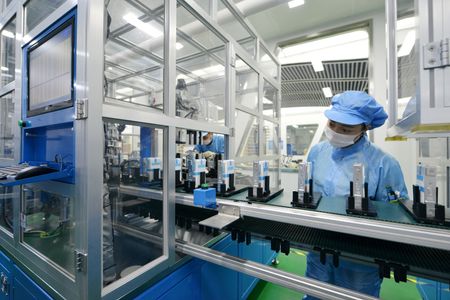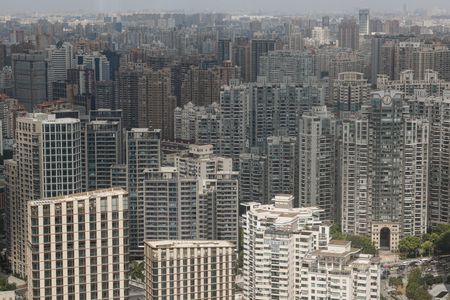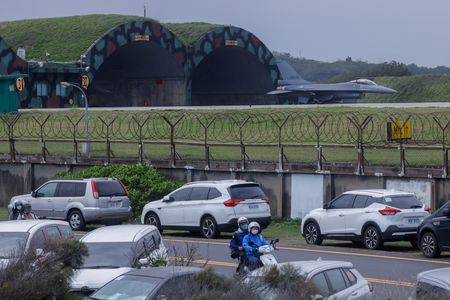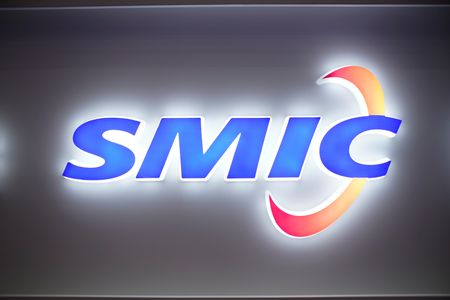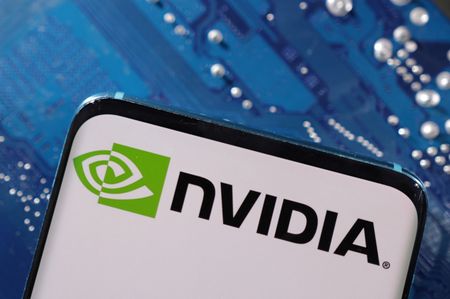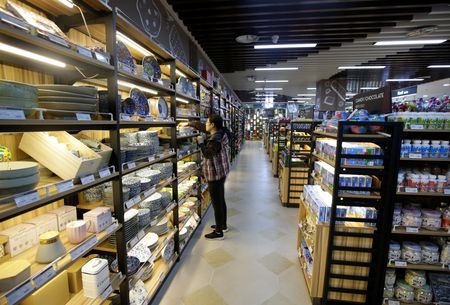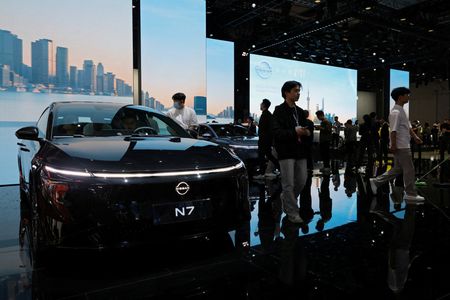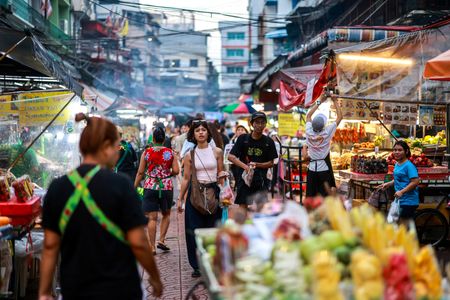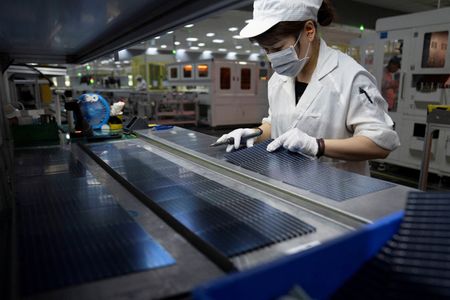By Dylan Duan and Lewis Jackson
SHANGHAI/BEIJING (Reuters) -Suppliers to China’s electric-vehicle battery makers are pushing for higher prices for key cobalt-based materials, aided by a sharp rebound in cobalt and a tightening market for raw materials in batteries.
Makers of nickel-manganese-cobalt (NCM) precursors, the feedstock used to produce cathodes for NCM batteries, which are used in roughly a fifth of Chinese EVs, have sought higher offers for long-term contracts in recent weeks, according to three traders and producers who spoke on the condition of anonymity.
NCM precursors are normally priced at a fixed discount to spot cobalt sulfate in China, typically at around 10%, but producers are now pushing for discounts closer to 5%, the sources said.
Some are also seeking to further reduce discounts on spot orders next year, one source added.
Whether buyers will accept higher-than-desired offers is unclear and the sources said negotiations could be difficult because major NCM battery makers can choose from a wide pool of suppliers.
The price push is the first in nearly two years and comes as cobalt markets rebound, with prices more than doubling this year after export restrictions were imposed by the Democratic Republic of the Congo, the world’s top producer.
Cobalt traded near $24 a pound on Thursday, up from around $10 per pound before Congo’s export ban was rolled out in late February, helping to end a three-year slump for the battery metal.
The higher offers also coincide with signs of an uptick in China’s battery market after a downturn, which started in 2023, was sparked by excess capacity.
“The rebalancing of supply and demand has slightly increased battery and supply chain pricing from trough levels,” said Yuqian Ding, head of China autos research at HSBC, in a November 11 note.
Lithium-ion batteries using NCM chemistries are favoured in longer-range and performance-focused EVs, while lithium iron phosphate batteries dominate the mass-market segment.
(Reporting by Dylan Duan and Lewis Jackson; Additional reporting by Zoey Zhang in Shanghai; Editing by Thomas Derpinghaus)

